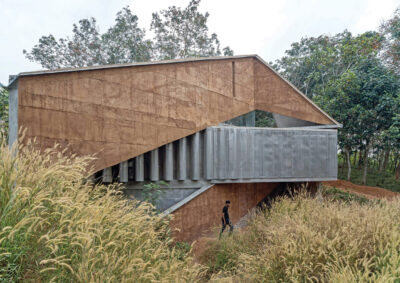Co-working property segment to attract new customer profiles post-pandemic
As the outbreak has encouraged more tenants to experience the benefits of flexible working

According to Mario Berta, the CEO and founder of workspace booking platform FlySpaces, most tenants who previously sought their advice regarding traditional office spaces are now leaning towards flexible offices because of economic uncertainty.
The shift in demand generally came from tenants who barely thought of flexible spaces as a solution before and are now looking to seriously consider it as an option for their non-core departments or for business continuity planning purposes. Since the pandemic has prompted more tenants to experience the benefits of flexible working, chances are they will employ this solution in their permanent offices or incorporate it in their business continuity plan.
More: Co-working property segment to emerge victorious post-pandemic
Mario adds that many of their tenants in co-working have already extended their rentals. Clients who signed a three to six months contract have already asked for a one-year contract, but also requested for reduced rent.
However, he said that this will all depend on how amenable the co-working operators are to filling up their spaces to maximum capacity until the outbreak is completely gone, as well as the tenants’ comfortability in staying in packed spaces, whether flexible or conventional. The common facilities, like the meeting room and pantry is also a major concern during this time.
Recommended
Meet the vagabond architect behind India’s housing scene
Vinu Daniel is helping to shake up India’s home building setting
Where Asian real estate stands in a fragmented, warmer world
Asia’s real estate industry faces many and varied challenges as external factors continue to bite
6 sights to see in Singapore’s Marine Parade
Handily located Marine Parade has emerged as a vibrant investment choice in the Lion City
There’s a township dedicated to health and wellness in Malaysia
Property seekers have their health needs catered for at KL Wellness City








